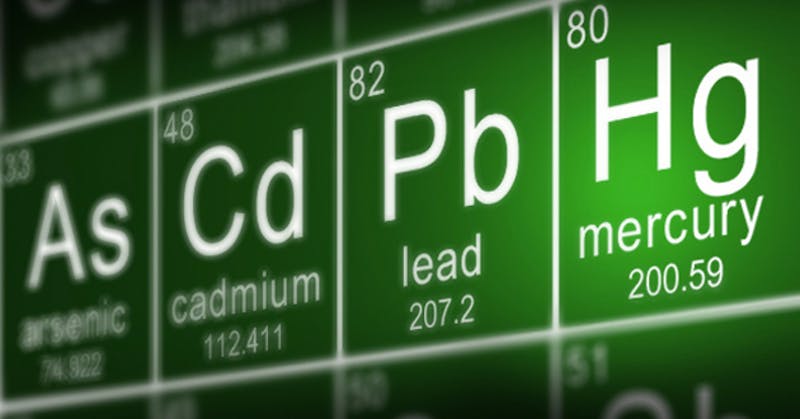ASTM E3100 Heavy Metal Analysis in Baby Food
The analysis of heavy metals in baby food is critical to ensure safety and compliance with international standards. ASTM E3100 specifies the procedures for the determination of certain elements, such as lead (Pb), cadmium (Cd), mercury (Hg), and arsenic (As) in infant formulas and other baby foods.
Heavy metals can accumulate in the body over time, leading to potential health risks. This is especially concerning when it comes to infants, whose systems are still developing. Therefore, regular testing of heavy metal content is essential for maintaining product safety and compliance with regulatory standards.
The ASTM E3100 procedure involves several steps which include sample preparation, digestion, and instrumental analysis using techniques like ICP-AES (Inductively Coupled Plasma Atomic Emission Spectroscopy) or ICP-MS (Inductively Coupled Plasma Mass Spectrometry). These methods provide accurate detection levels down to parts per billion.
Our laboratory adheres strictly to ASTM E3100 guidelines, ensuring precise and reliable results. The process begins with the collection of samples from various batches or production runs to ensure that we are testing a representative sample of the product.
Once collected, the samples undergo thorough preparation which may involve grinding, homogenization, and digestion using appropriate reagents such as nitric acid. This step ensures complete dissolution of all components present in the sample for accurate analysis.
The prepared solutions are then analyzed using state-of-the-art instrumentation to quantify the target elements according to ASTM E3100 specifications. The results provide detailed information about the concentration levels of heavy metals in each batch or production run, allowing manufacturers to make informed decisions regarding quality control and product safety.
Our team of experts ensures that all tests are conducted in accordance with ASTM E3100 requirements, providing accurate and reliable data. We understand the importance of this testing for both consumer protection and regulatory compliance, offering services tailored specifically towards meeting these needs effectively.
Applied Standards
| Standard | Description |
|---|---|
| ASTM E3100-19 | This standard specifies the procedures for the determination of certain elements in infant formulas and other baby foods, including lead (Pb), cadmium (Cd), mercury (Hg), and arsenic (As). |
Benefits
Compliance with ASTM E3100 ensures that manufacturers meet stringent safety requirements for heavy metal content in baby food. This not only protects public health but also enhances brand reputation and consumer trust.
Beyond regulatory compliance, regular testing helps identify potential issues early on, allowing companies to address them promptly before they become significant problems.
Additionally, such rigorous testing can help differentiate a company's products from competitors by demonstrating commitment to quality and safety standards. This is particularly valuable in highly competitive markets where maintaining consumer confidence is crucial.
International Acceptance and Recognition
- ASTM E3100 has been widely adopted by regulatory bodies around the world, including those in Europe (CEN), Asia-Pacific regions, and North America.
- The standard is recognized for its accuracy and consistency across different laboratories, making it a preferred choice globally.





